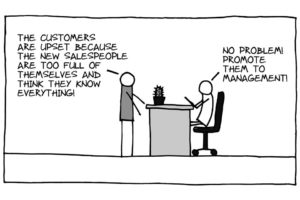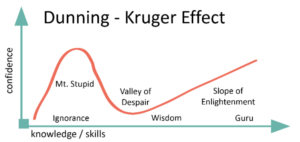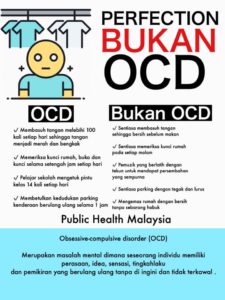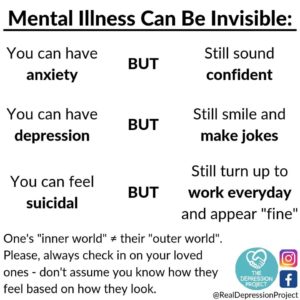Each of us have professional or personal goals that we want to achieve. Some might resort to underhand means to achieve their goals. Well, what is wrong or right is clear if you use religion as your benchmark. Yet again, whatever benchmark is a personal choice.
Most of us equate achievement with self-esteem. You evaluate yourself positively or favorably when you achieve something. This notion would means that you are relying on evidences of your achievement to evaluate yourself. If you think about the hereafter, whereas you don’t know what you will get (gladtiding or not), you will reevaluate again your professional and personal goals and think carefully how to act in achieving the goals.
Again, all will come back to how compassionate you are towards yourself. To know more, read more HERE.





